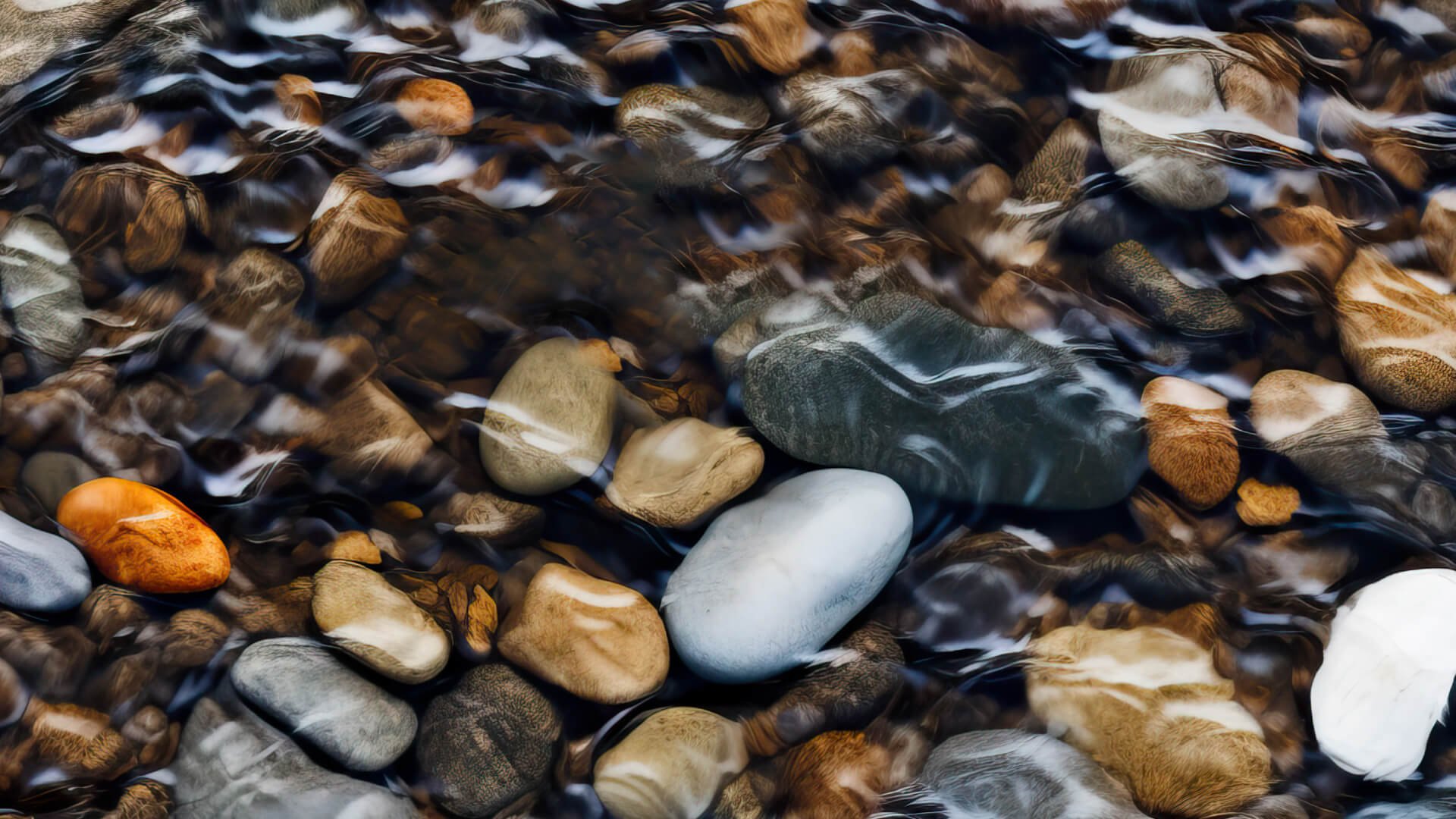
Don’t Pack a Pest
The Lake District’s iconic lakes and rivers are under threat. Invasive Non-Native Species (INNS) are silently spreading through our catchments smothering aquatic life, degrading water quality, and damaging the places we swim, paddle, and enjoy.
Many people don’t even realise they're part of the problem. A single trip between two lakes, with damp kit or unwashed gear, can carry just one tiny fragment of a harmful plant. That’s enough to infest a pristine waterbody, permanently altering its ecosystem.
But there’s a simple way to help stop the spread: Check, Clean, Dry.
Don’t Pack a Pest
Protect our lakes - Check Clean Dry
New Zealand Pgmyweed washed up on Derwent Water © Tom Kay
What are INNS?
Invasive Non-Native Species are plants and animals that have been introduced to areas where they don’t naturally occur and have the ability to cause harm to the environment, economy, or people.
Over 3,200 non-native species are now present in the UK
About 15% are invasive, and once established, the damage is often irreversible
INNS reduce biodiversity, spread disease, alter ecosystems, and threaten native wildlife
Climate change is increasing the risk, with warmer winters and more extreme weather helping INNS survive and spread.
INNS cost the UK economy around £1.8 billion a year through damage and erosion
They are one of the top 5 drivers of biodiversity loss globally
How are they getting here?
Increased outdoor recreation is great for people, but it’s also accelerating the spread of INNS.
Every time someone wild swims, paddleboards, or moves gear from one river or lake to another, they risk carrying invasive species on:
Canoes and paddleboards
Wetsuits and boots
Fishing and hiking gear
Dog leads and even car tyres
One example: Buttermere
It's one of the few remaining pristine lakes in the Derwent Catchment. But even Buttermere is vulnerable – a single piece of Curly Waterweed or New Zealand Pigmyweed could tip the balance.
In parts of Ireland, lakes have already become un-swimmable and un-paddlable due to invasive weeds. We cannot let that happen here.
The Campaign: Don’t Pack a Pest - Check, Clean, Dry
We’re working to stop the spread of INNS before it’s too late. West Cumbria Rivers Trust, Eden Rivers Trust, and South Cumbria Rivers Trust have joined forces on a one-year project funded by the UK Government. This work will inform a bold, long-term strategy for lake biosecurity in Cumbria.
Together, we’re:
Raising awareness of the threat INNS pose
Exploring new tools and techniques to raise awareness
Reaching more people than ever before through campaigns, signage, and outreach
This isn’t just a local issue – it’s a national conservation priority. All 16 lakes within the project area lie inside the Lake District National Park, a designated UNESCO World Heritage Site. Each lake holds at least one form of official protection, including designations such as Sites of Special Scientific Interest (SSSIs), Special Areas of Conservation (SACs), Ramsar sites, and classifications as bathing or drinking waters. These designations highlight the exceptional ecological value and importance of safeguarding these precious freshwater habitats.
What you can do
The most effective weapon we have is prevention. INNS are almost impossible to remove once they’ve taken hold – so every small action counts.
Check
Before you leave the water, check your kit, clothing and footwear for any plant material, animals, or mud.
Clean
Use clean water to thoroughly clean anything that’s come into contact with the water including boats, wetsuits, paddles, and dog paws.
Dry
Dry everything completely before using it in a different river or lake – some invasive species can survive for weeks in damp conditions.
‘Check, Clean, Dry’ only takes minutes but it could help protect these special places for generations to come.
Find out more and get involved
Stay connected with us throughout the year as we shape Cumbria’s 5-year lake biosecurity strategy, sharing updates, resources, and inspiring stories. Follow our journey on our social media channels, explore our websites, and keep an eye out for ‘Check, Clean, Dry’ signs at key access points. Join the movement - be part of the solution starting today.
West Cumbria Rivers Trust
Eden Rivers Trust
South Cumbria Rivers Trust
Learn more about INNS
Spot the invaders
From Himalayan balsam to Japanese knotweed – meet the plants causing problems and how to identify them. Read More >
Discover our wildlife
Learn all about our local wildlife and some of the invasive species threatening our ecosystems. Read More >
INNS in action
See how we’re tackling invasive species across West Cumbria with the help of communities, volunteers, and partners. Read More >
Get in touch
For more information, contact Project Officer (Invasive non-native Species) Izzie Mullin.
Project funders

Support our work
Without the help of our fantastic supporters, we’d be up the creek!















